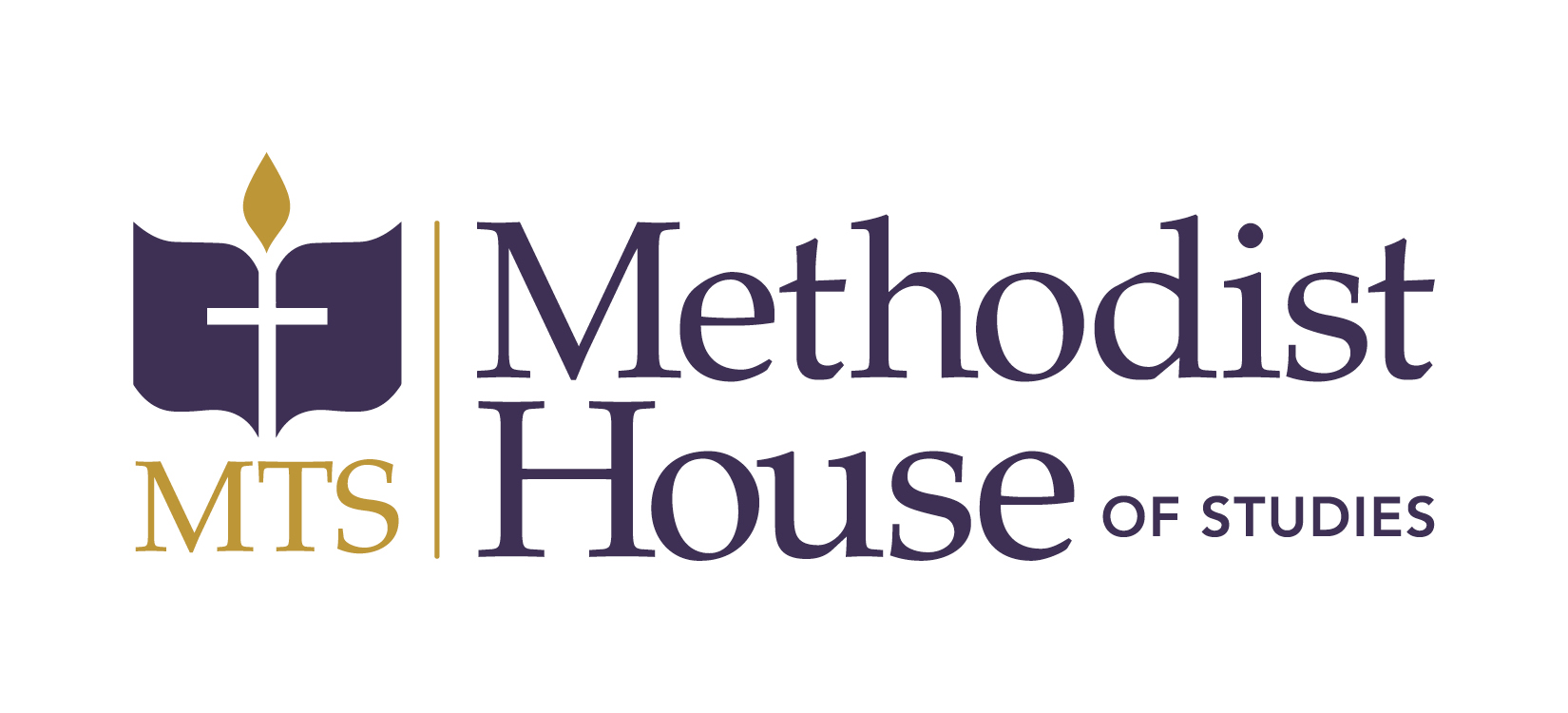Rev. Billy Vaughan, Project Director of the Center for Faith and Imagination at MTS, remembered Gene Davenport, longtime Lambuth professor and newspaper columnist, in the Jackson Sun:
I had no idea what “civil religion” was when I arrived at Lambuth College in 1972. I’m fairly sure I assumed it was about religious people who are civil to each other despite their differences of opinion. By the end of my freshman year at Lambuth, after taking Old Testament and New Testament with Gene Davenport, I learned what “civil religion” is really all about. My life has never been the same.
Years later I wrote that Gene Davenport, Brady and Emmy Lou Whitehead, Charles Mayo and others at Lambuth turned my world upside down. I added that, on my better days, I had forgiven them. When Gene read that line he chuckled.
Gene Davenport understood all too well that it isn’t easy to have the veil lifted in this culture. Three years into my journey with Gene as teacher and mentor, I found myself walking out of the church where I was serving as youth director when the service began by displaying the flag, and the congregation singing “The Star Spangled Banner.”
Because I’d studied with and been mentored by Gene Davenport I knew that such an alliance between church and state — “civil religion” — has damaged both the church and the world. Such an alliance, Gene helped me see, leads to a “Christ” that baptizes virtually any and all of the wars of the state. It gives divine power to Caesar and keeps those of us who claim a Christian vocation from seeing the new order, the new creation, to which we’re called in Jesus Christ.
So … yes, Gene, I got it. That veil and many others were lifted over the years of our friendship.
Gene introduced me to Will Campbell, James Cone, William Stringfellow, Jacques Ellul and Thomas Merton. We read “A Black Theology of Liberation,” “My People is the Enemy,” and “Seeds of Hope.” But in the end, we always came back to the “primary text” for Gene — the Scriptures.
Anyone who knew Gene Davenport, knew of his love for the Scriptures. Both Old and New Testament texts were more to him than documents to be studied. Gene was like a great rabbi, who never reduced the texts to the “merely literal” (his words) handwriting of God. They were his companions, and he was in a lovely dialogue with them every day.
His love for such dialogue made Gene an extraordinary teacher and guide. He insisted on hearing from his students. He wanted us to respond to writers, ideas and theology, not just feed back to him something shared in a lecture.
In my first semester in Old Testament class, Gene required a weekly “response paper.” I enjoyed writing them, but was sure we’d be graded on information memorized from the books and his lectures. Then came the midterm exam. And though Gene warned that we should avoid regurgitating information, several of us went with our past educational experience. We played the feedback game. We were certain he would be pleased with the good information we “knew.” I got my very first “D slip” in college in Gene Davenport’s class. I also received an automatic institutional invitation to seek tutoring!
But Gene was my tutor. I didn’t need another. I simply needed to take seriously his call to have skin in the game, so to speak. I needed to join the conversation and journey.
I did. And I have. And my Christian life is infinitely richer, and, hopefully on most days, more real, because I was blessed with a teacher, mentor and friend who would simply not settle for less — in himself first of all, but also in his students and friends.
I know of no better words to describe Gene Davenport than to say that he was a tender prophet. We will miss him more than he could ever have imagined.
